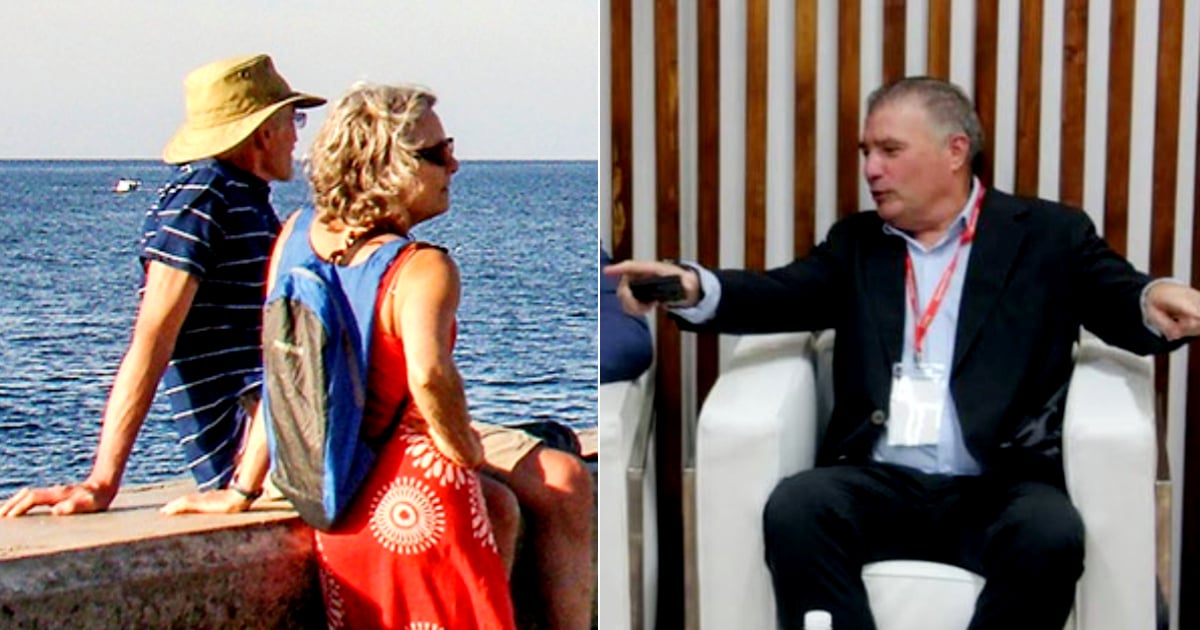Cuban economist Pedro Monreal has sharply criticized the recent statements by Tourism Minister Juan Carlos García Granda and the Cuban regime's strategy of prioritizing investments in the tourism sector. Through a forceful tweet, Monreal accused the government of "blatant lies" as it attempts to justify an investment policy that, according to him, has neglected critical areas such as food security, infrastructure, and basic services.
Monreal's remarks are a response to articles in state-run media portraying tourism as the "engine of the Cuban economy." Minister García Granda has boasted about the renewal of the island's hotel infrastructure, surpassing 80,000 rooms, with 75% classified as four and five-star accommodations, managed by 18 international chains. However, he admitted that Cuba will not meet its target of three million tourists in 2024, amid a continuous decline in international visitor arrivals.
An Analysis of Monreal's Critique
Monreal has consistently been a critical voice against the regime's economic policies, particularly its focus on tourism as a development catalyst. He argues that official data does not support the "illusion" that tourism can revive Cuba's economy, labeling this narrative as false and exaggerated. The economist contends that far from being a solution, tourism has diverted resources that could have been used for urgent needs like food production or improving basic services.
Tourism in Cuba has faced significant challenges in recent years, including the pandemic, hurricanes, and an energy crisis. Although García Granda claims facilities will be ready for the high season, Monreal questions the allocation of resources for this purpose while most Cubans endure acute shortages and poverty.
Is the "Engine" Stalled?
Despite the regime's attempts to position tourism as a strategic sector, the numbers reveal a troubling trend. Recent Ministry of Tourism (MINTUR) data shows that Cuba attracted fewer than two million visitors in the first ten months of the year, far from the 4.7 million seen in 2019. This shortfall is partly due to external factors such as U.S. sanctions, but also to the destination's lack of competitiveness compared to other Caribbean countries.
Moreover, available reports indicate extremely low hotel occupancy, with many resorts operating at only 15% capacity. This casts doubt on the viability of continued investment in tourism infrastructure while essential sectors remain neglected.
Priorities Under Scrutiny
The regime's focus on tourism has sparked growing discontent both within and outside the island. Recently, the well-known Canadian travel agency Sunwing Vacations Group decided to remove 26 Cuban hotels from its offerings due to quality issues highlighted in customer reviews, choosing instead to promote alternative destinations in the Dominican Republic, Bahamas, Honduras, and Colombia.
According to Monreal, the focus on tourism has exacerbated Cuba's economic dependency on a vulnerable and cyclical sector, as the country grapples with chronic deficits in essential areas. He asserts that this policy has sidelined investment in crucial infrastructure like the power grid, plagued by frequent blackouts, and agricultural production, which fails to meet basic food needs.
Uncertain Prospects Ahead
With an economy in crisis and a declining tourism industry, the sector's prospects are uncertain. Although the regime hopes for a rebound in the high season of 2024-2025, structural challenges remain. The model of heavy investment in luxury hotels contrasts starkly with the reality of an economy struggling to meet the basic needs of its population.
Monreal's commentary echoes the sentiments of many critics: the regime's emphasis on tourism is a policy disconnected from reality, prioritizing the interests of the regime's elite—centered around the Grupo de Administración Empresarial S.A. (GAESA)—while neglecting ordinary Cubans. In a context where statistics fail to support official promises, the "engine of the economy" appears to be heading towards derailment.
